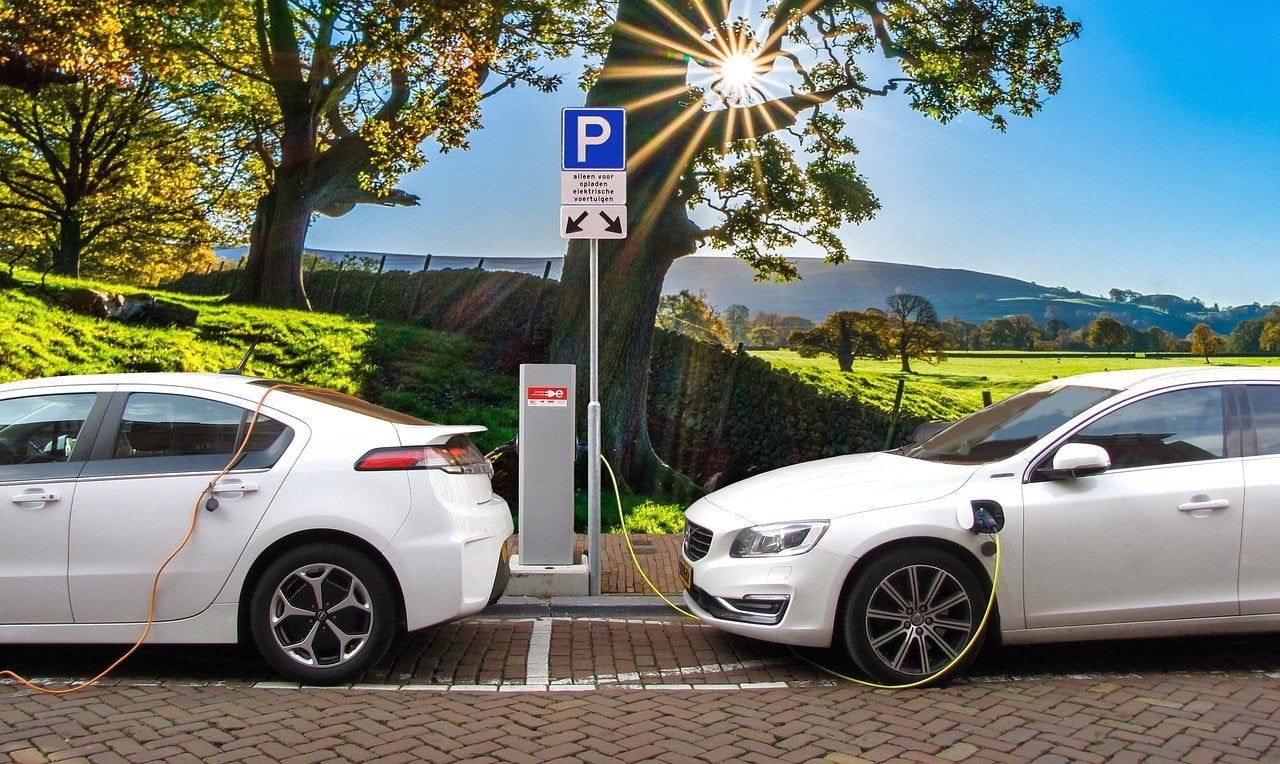What will it really take for General Motors to achieve carbon neutrality by 2040? Zero Emissions Steel
Q4 2020 hedge fund letters, conferences and more
Gerenal Motors' Plans To Produce Electric Vehicles And Achieve Carbon Neutrality
General Motors (GM) sent shockwaves through the automotive, power, and fossil fuel industries last week when they announced that they have committed to producing only electric vehicles by 2035 and will achieve carbon neutrality by 2040 or before. But to achieve this ambitious goal, the real revolution will need to be in all those materials that go into making cars, namely steel. About 10% of steel goes into making automotives, generating an estimated emissions total of 5 million tons of CO2 per year.
Automotives are the real driver behind steel industry profitability. While making up a smaller percentage of the industry than buildings and infrastructure, it’s a fiercely competitive market and the most competitive segment right now is lightweight steel frames crucial to the design of electric vehicles. It’s clear that companies like GM and Tesla will determine the fate of the steel industry.
Margaret Hansbrough Digs Deeper
Mighty Earth has been campaigning on this issue for years and there has been significant movement just in the past five months. Four major steel companies have made commitments to carbon neutrality or net zero emissions by 2050, including ArcelorMittal, Nippon Steel, POSCO, and China Baowu Steel. And just last week, the new top US steel producer Cleveland Cliffs announced a modest 25% greenhouse gas emissions reduction goal by 2030 which makes it the first US company to step into the race toward zero emissions. This means that almost 20% of global steel production is covered by private sector commitments – representing approximately 516.64 gigatons of CO2 emissions, or roughly 1.4% of total global emissions based on 2019 numbers.
The effect of this shift in the market cannot be underestimated as heavy industry companies like these make up about a third of global energy consumption and 20% of coal consumption via steelmaking. Add to that the national climate pledges by China, Japan, and Korea there is unprecedented momentum for climate action from one of the most carbon intensive industries in the world. This means that over 70% of steel production falls under climate action commitments, but the devil will be in the details of these companies’ climate plans and what they will pledge to do in the next five to ten years to get the planet back on track toward a 1.5C trajectory.
About Mighty Earth
Mighty Earth is a global environmental campaign organization that works to protect forests, conserve oceans, and address climate change. We work in Southeast Asia, Latin America, Africa, and North America to drive large-scale action towards environmentally responsible agriculture that protects native ecosystems, wildlife, and water, and respects local community rights. Mighty Earth’s team has played a decisive role in persuading the world’s largest food and agriculture companies to dramatically improve their environmental and social policies and practices. More information on Mighty Earth can be found at www.mightyearth.org/.






